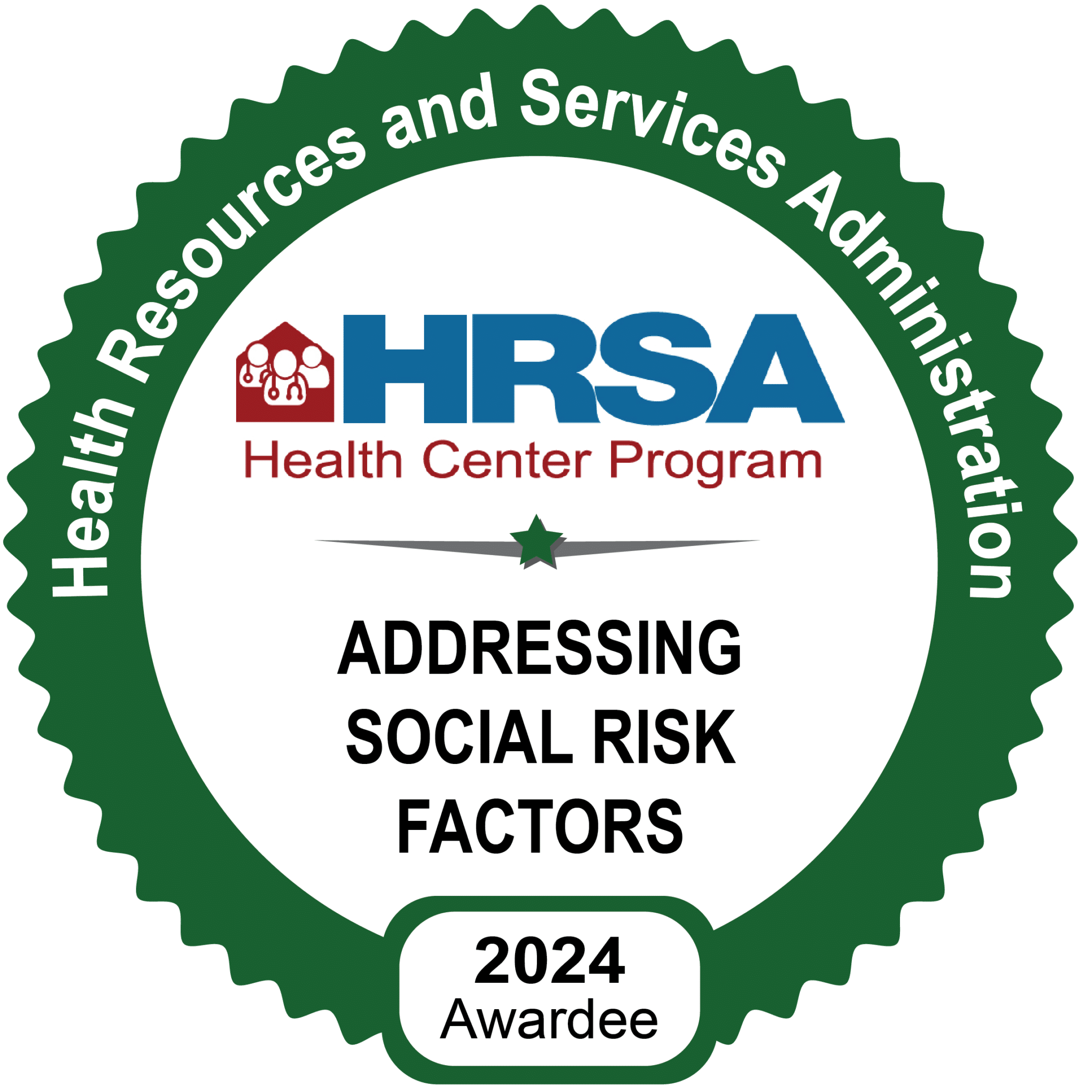Fostering healthy habits in children is crucial for their overall well-being and future success, but in the whirlwind of life, it’s easy to prioritize immediate needs over long-term health goals. Parents often find themselves juggling myriad responsibilities, from work and household chores to ensuring their children are happy and healthy.
As parents, we hold the power to shape the future of our children’s health from the moment they enter this world. It’s in those tender, formative years that the foundation for lifelong habits is laid. From the first tentative tastes of solid foods to the spirited romps of adolescence, each stage presents unique opportunities to instill values of wellness and vitality.
By prioritizing healthy habits and nurturing positive behaviors that begin from infancy and continue through adolescence, parents can lay a foundation for their children’s future well-being. From physical health to emotional resilience, the benefits of nurturing healthy habits are far-reaching.
Building Blocks of Wellness: Strategies for Every Stage
By embracing the power of incremental changes and integrating easy, yet meaningful habits into everyday routines, parents can set the stage for a future brimming with vitality, resilience, and well-being.
Infancy and Toddlerhood (0-3 years):
- Healthy Feeding Practices: Whether breastfeeding, formula-feeding, or a combination, prioritize responsive feeding cues and encourage a balanced diet suitable for your child’s developmental stage.
- Introduction to Healthy Foods: Introduce a variety of fruits, vegetables, and whole grains early on to establish healthy eating patterns.
- Limit Screen Time: Minimize screen time and prioritize interactive play to promote physical activity and cognitive development.
Early Childhood (4-6 years):
- Mealtime Routine: Establish regular mealtimes and involve children in meal preparation to foster a positive relationship with food.
- Active Play: Encourage outdoor play and structured activities that promote gross motor skills and coordination.
- Sleep Hygiene: Ensure children get adequate sleep by establishing a consistent bedtime routine and limiting electronic devices before bed.
Middle Childhood (7-11 years):
- Healthy Snacking: Provide nutritious snacks like fruits, vegetables, and nuts to fuel growing bodies and minds.
- Family Meals: Prioritize family meals as a time for connection and healthy eating habits.
- Physical Activities: Support children in finding activities they enjoy, whether it’s organized sports, dance classes, or simply playing outside with friends.
Adolescence (12-18 years):
- Open Communication: Maintain open communication about health topics, including nutrition, physical activity, and mental well-being.
- Role Modeling: Lead by example by prioritizing your own health and demonstrating positive habits.
- Setting Boundaries: Establish reasonable limits on screen time and encourage balance with other activities.
Why are these tactics important? Research shows that children who adopt healthy habits early in life are more likely to maintain them as adults, reducing the risk of chronic diseases such as obesity, diabetes, and heart disease. Additionally, healthy habits contribute to better academic performance, improved mood, and enhanced self-esteem.
On the flip side, failing to prioritize health during childhood can have serious repercussions. Children who develop unhealthy habits, such as poor dietary choices and sedentary behavior, are at greater risk for obesity and its associated health complications. Moreover, inadequate sleep and excessive screen time can impact cognitive function and emotional well-being.
At Teche Health, we understand the importance of proactive parenting in promoting a lifetime of good health. As a family clinic and pediatrician in Houma and across South Louisiana, we’re here to support parents every step of the way. Through regular check-ups and consultations, we aim to empower families to make informed decisions that promote optimal health for their children. Together, we can shape a healthier future for the next generation.




